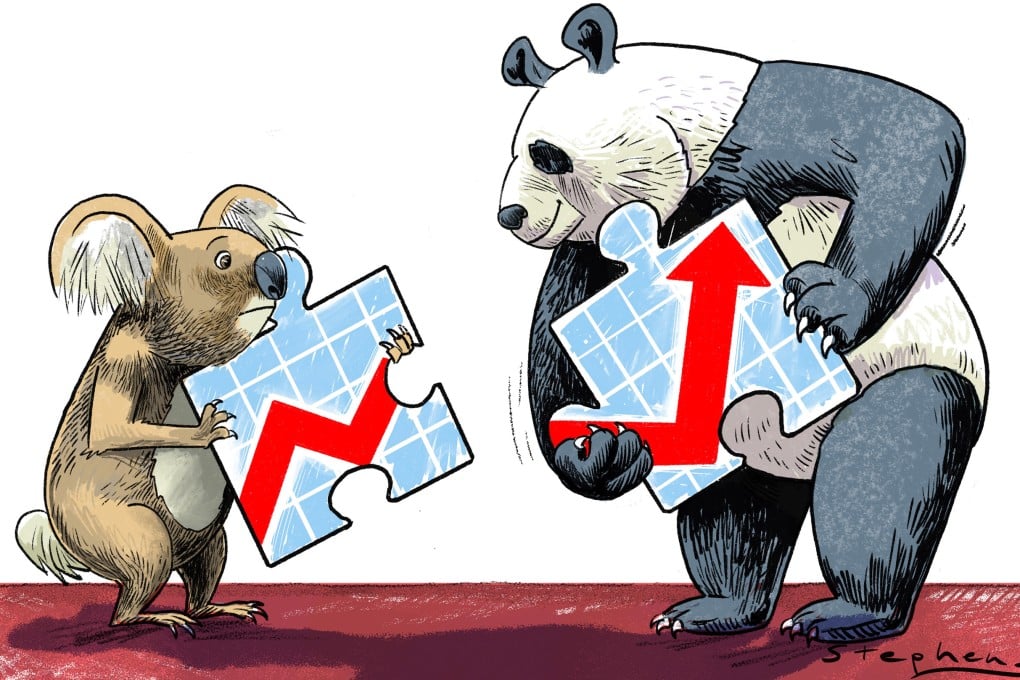Opinion | How Australia’s Albanese can get back to business as usual with China
- Geopolitics has got in the way of a potentially rewarding partnership between two economically complementary countries with no territorial or historical quarrels
- To mend ties with Beijing, Canberra must regain its strategic autonomy and shift away from the US policy of China containment

Towards the end of my stint as top economic diplomat at China’s Consulate-General in Sydney in May 2005, the Australia China Business Council held a farewell party in my honour. Addressing the gathering, I predicted that two-way trade between China and Australia would more than double between 2004 and 2009. My upbeat tone met with loud applause. And yet I sensed during the Q and A that some in the audience were not so optimistic.
My prediction was not a wild guess. It was based on an assessment of critical factors in bilateral commercial and economic ties.
On the other hand, China was well-placed to satisfy Australia’s need for a large number of finished products. Economically speaking, China and Australia were natural partners rather than competitors, much less adversaries.
The two countries are separated by the vast Pacific. They never had border clashes or territorial disputes. It would take quite a stretch of imagination to suggest that China would invade Australia or vice versa.
Besides, the two countries do not have any historical grievances; Australia was not part of the Eight-Nation Alliance that invaded China at the turn of the last century.

